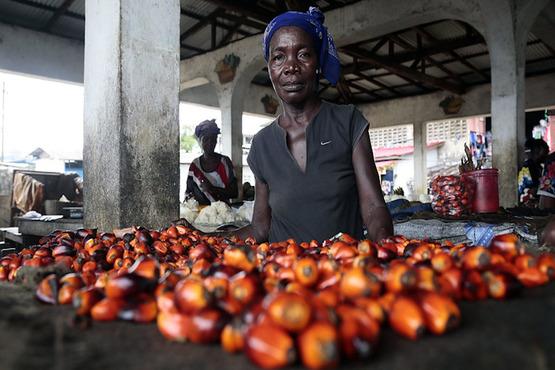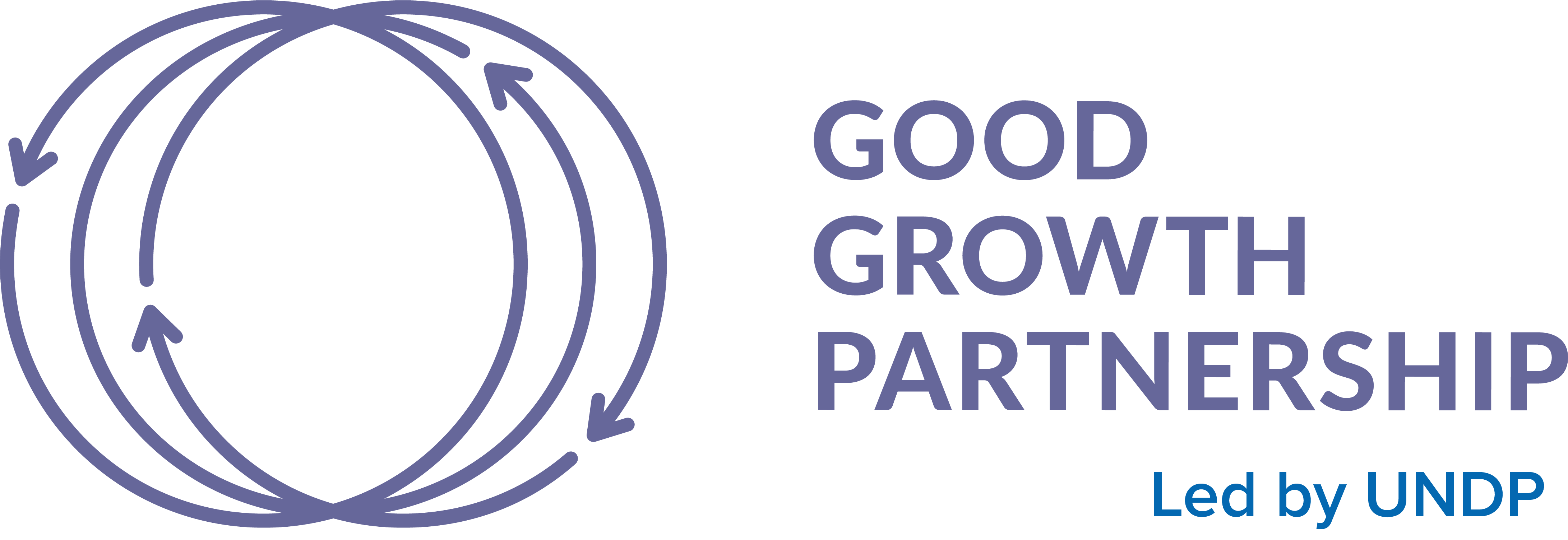Project Overview
Liberia, located in the Upper Guinean biodiversity hotspot, holds 40 percent of the Western Guinean Lowland Forest and is home to some of Africa’s richest biodiversity. However, its ecosystems face pressure from logging, mining, agriculture, and climate change, resulting in a 15 percent forest loss since 1975.
The FOLUR Liberia project, implemented in the 2.5-million-hectare Northwest Landscape, supports national land-use planning, forest conservation, sustainable agroforestry, and restoration efforts.
Working with local communities, governments, and private sector actors like Mano Palm Oil Industries Inc., the project promotes sustainable cocoa and palm oil production while strengthening smallholder participation in supply chains.
It also builds on Liberia’s progress under the Good Growth Partnership to curb deforestation from palm oil expansion and leverages innovative, locally driven solutions for sustainable land management.
Sites:
Northwest Landscape, Lofa, Grand Cape Mount, Bomi, Gbarpolu, Bong
Commodities:
Cocoa and palm oil
Area Covered:
2.5 million hectares
Executing Partner:
Conservation International
Implementing Agency:
Conservation International

Project features
The project involves the development, adoption and implementation of landscape land-use plans while promoting sustainable production practices for food crops, palm oil and cocoa, supported by responsible value chains.
Biodiversity loss reduction and restoration of natural habitats are a focus, along with management, coordination, collaboration, and monitoring and evaluation. It engages the private sector by encouraging improvement of land allocation and use, and the adoption and joint implementation of land-use plans with other sectors. It also develops climate-smart partnerships with the private sector and other actors, as well as attract private sector investment and innovative financing.
The public sector is engaged through the adoption of joint land-use plans with other sectors and through recommendations to the government on fiscal, financial, and trade policies that affect food production systems.
It is also expected to include national and local government agencies within project preparation and implementation phases, as well as to invest in the development of national-level land-use plans that address biodiversity, sustainable food production and land restoration.
[Page updated August 2025]

Vendor selling palm seed oil at market, Liberia. By Nyani Quarmyne/IFC (Panos)







